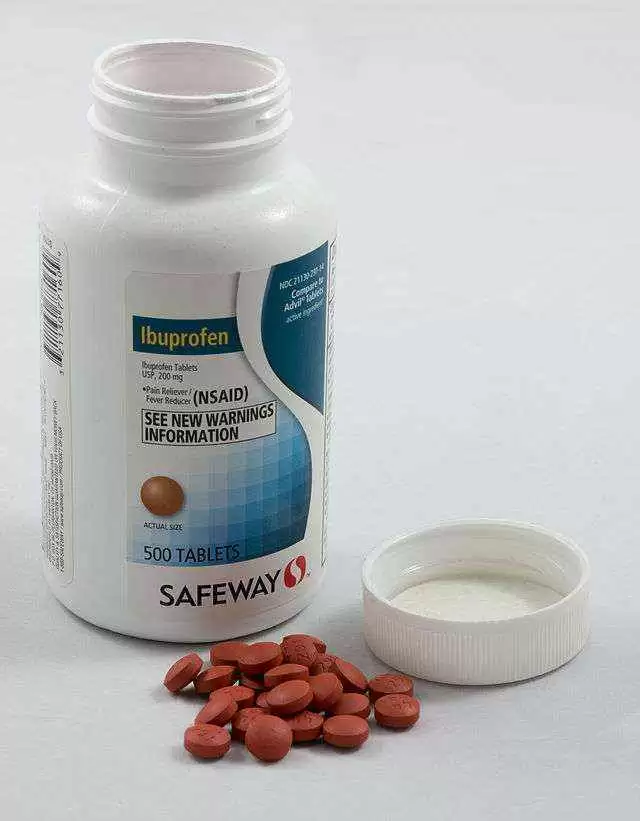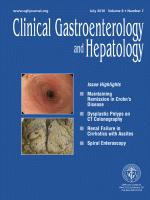
Celiac.com 07/02/2014 - Each year, non-steroidal anti-inflammatory drugs (NSAIDs), such as ibuprofen, acetaminophen, and aspirin, send more than 100,000 people to the hospital, and cause over 16,000 deaths. These drugs are marketed under brand names such as Advil and aspirin, among others.
In some ways, these findings are unsurprising. Studies from as far back as the 1980s have shown that “NSAIDs…disrupt intestinal integrity and long term treatment leads to inflammation of the small intestine.”
Celiac.com Sponsor (A12):
Recently, a group of researchers reviewed study data from the last 20 years, and found that NSAIDs increase the likelihood of leaky gut syndrome.
According to one study by the National Instituted of Health (NIH), all “…conventional NSAIDs studied were equally associated with small intestinal inflammation apart from aspirin…” and “intestinal permeability changes were significantly more pronounced” with some of the tests.
Additional data showed that NSAIDs cause intestinal damage when taken in conjunction with exercise. This is significant, because this was the first study to show that “ibuprofen aggravates exercise-induced small intestinal injury and induces gut barrier dysfunction in healthy individuals.” The team concluded that NSAID use by athletes “is not harmless and should be discouraged.”
This finding is significant for people with celiac disease, or for those at risk of celiac disease, because permeable and inflamed intestines permit leakage of infectious or toxic substances into the blood stream. This can trigger an adverse immune response, and interfere with proper digestion and nutritional absorption.
Gut leakage can also lead to a number of other health problems, including diabetes, asthma, and even heart failure.
Source:
- Open Original Shared Link







Recommended Comments